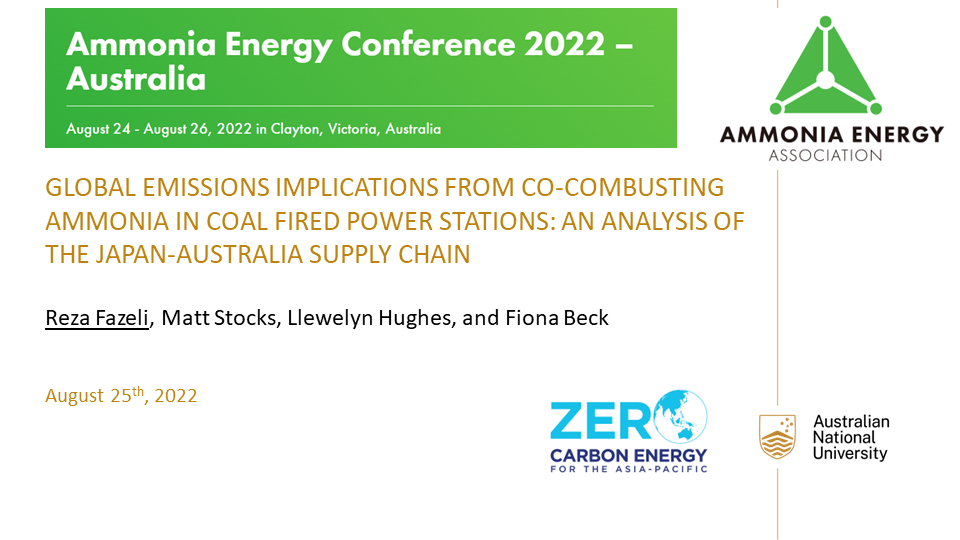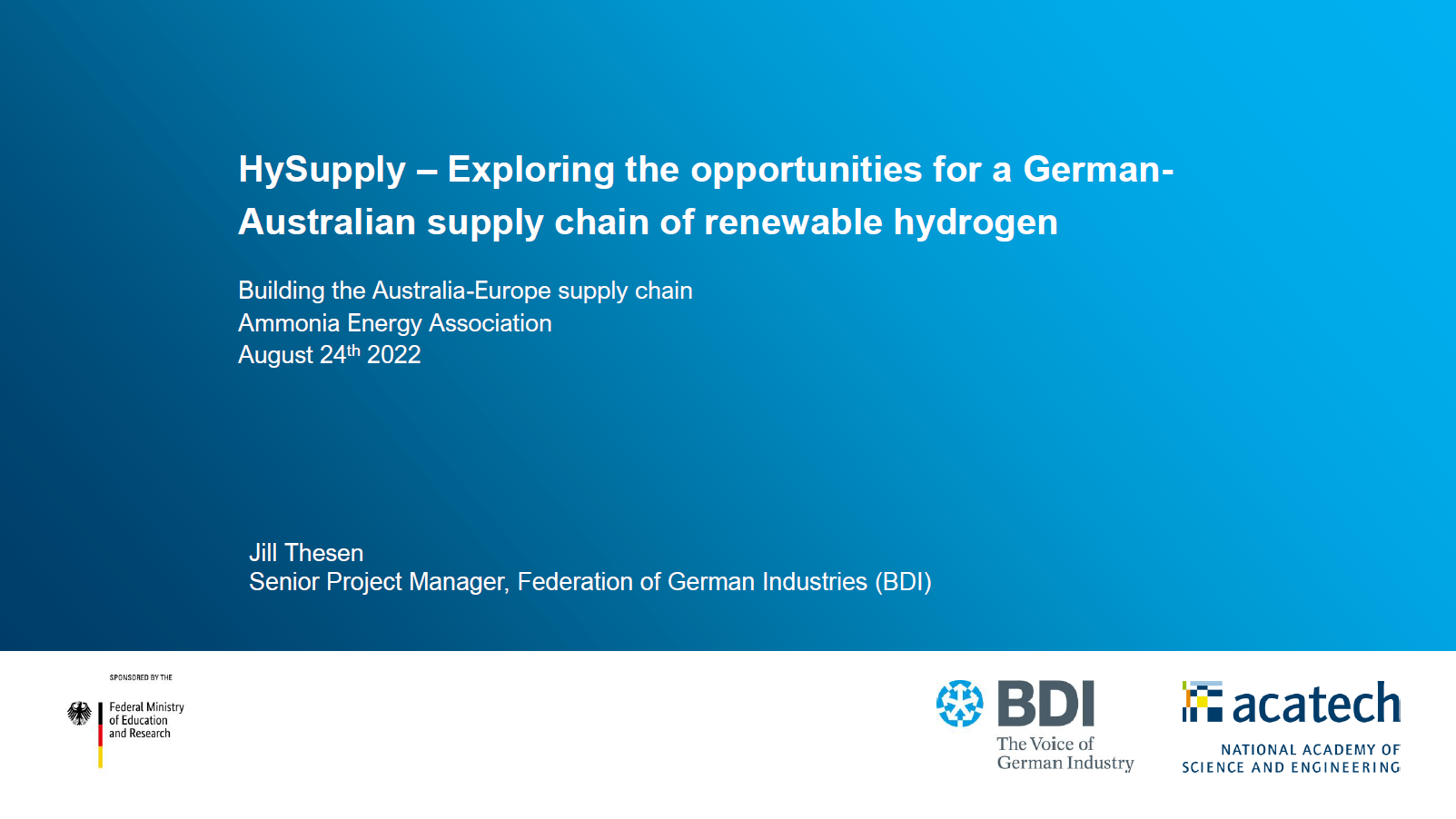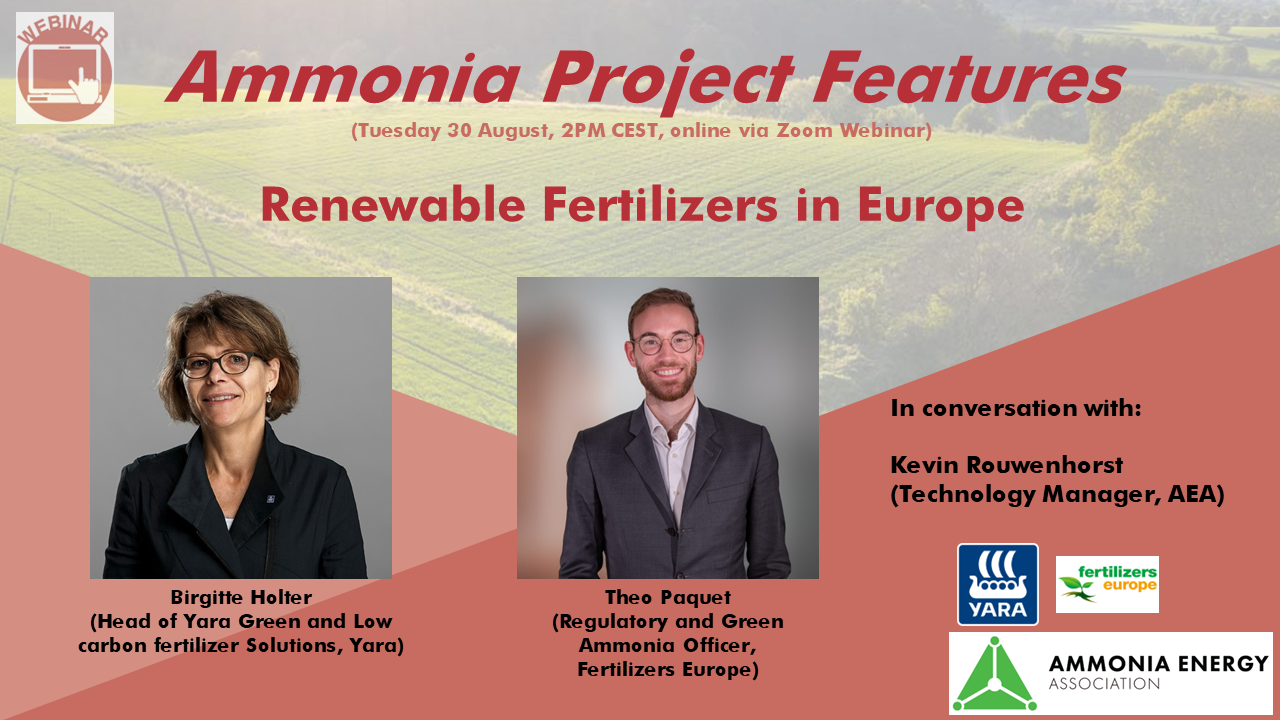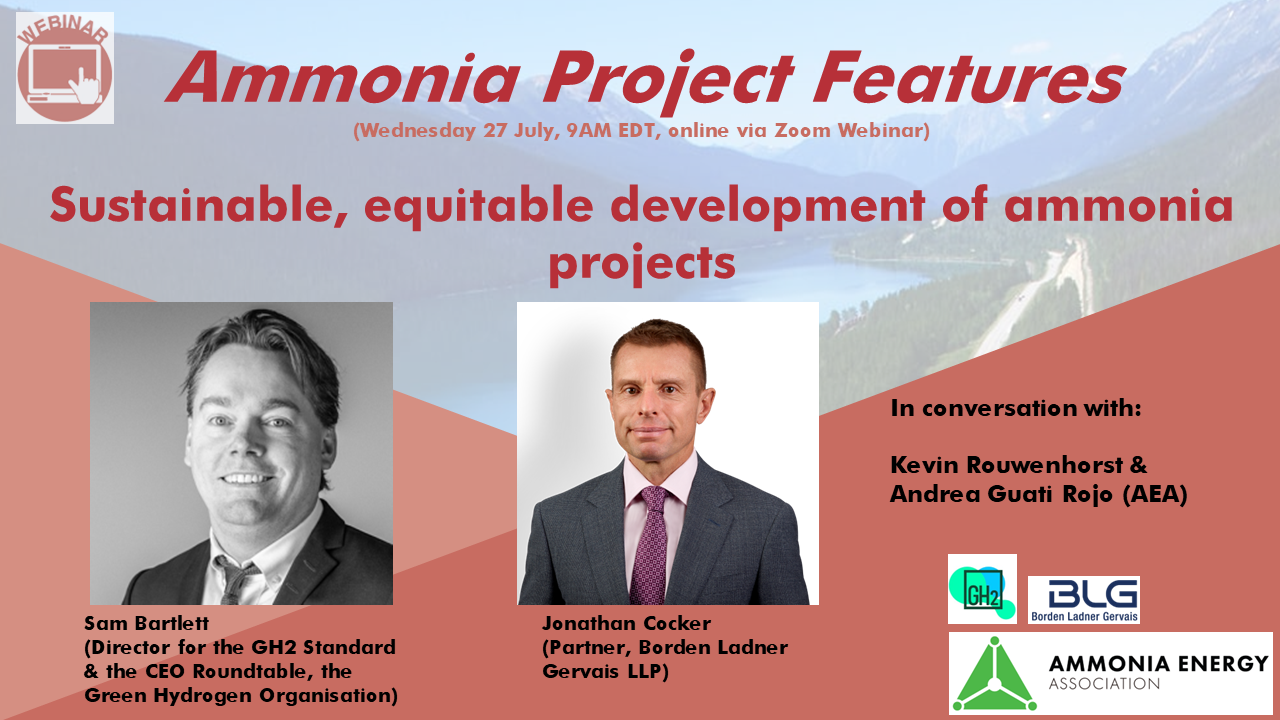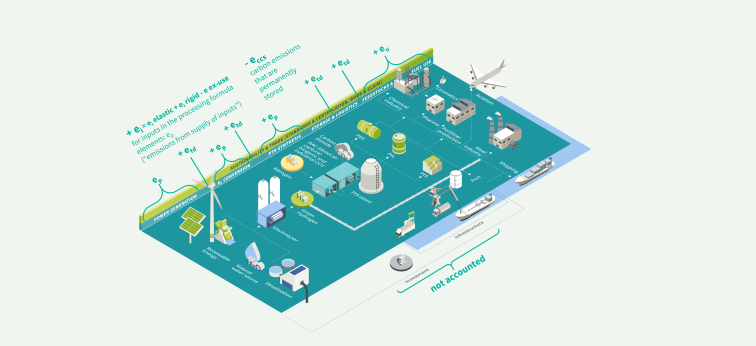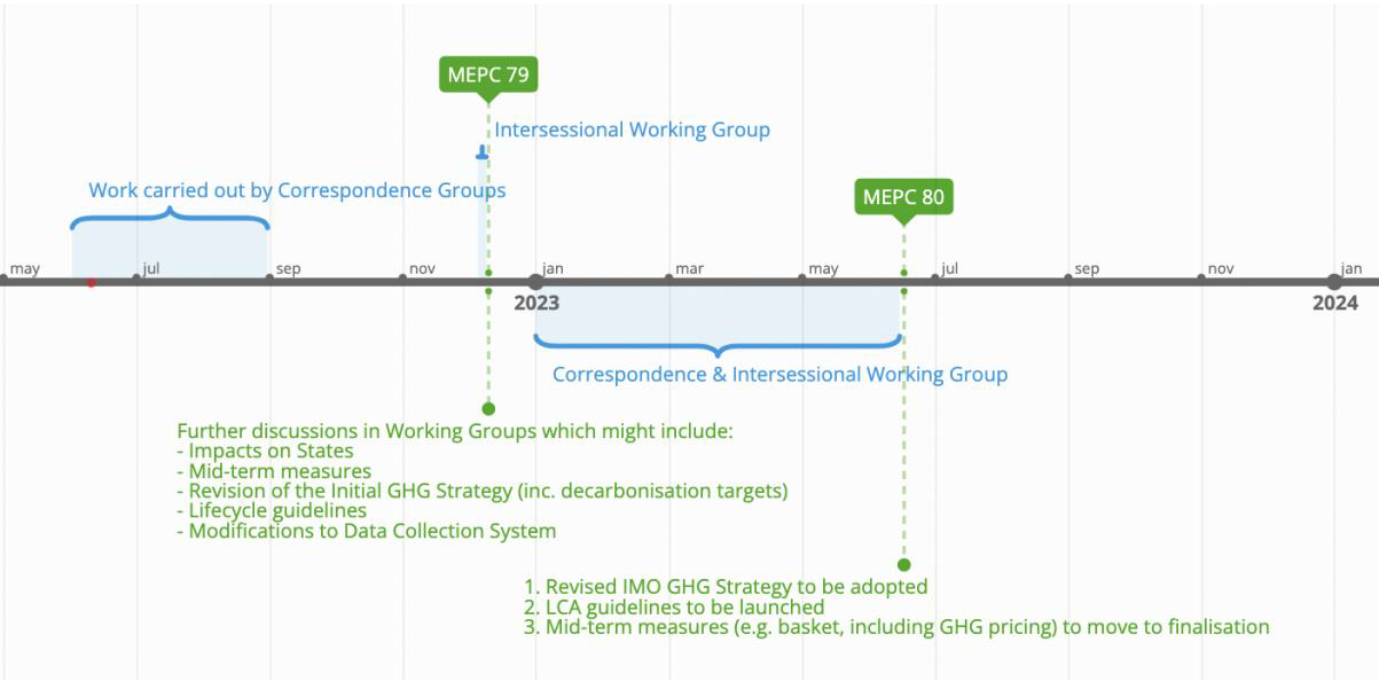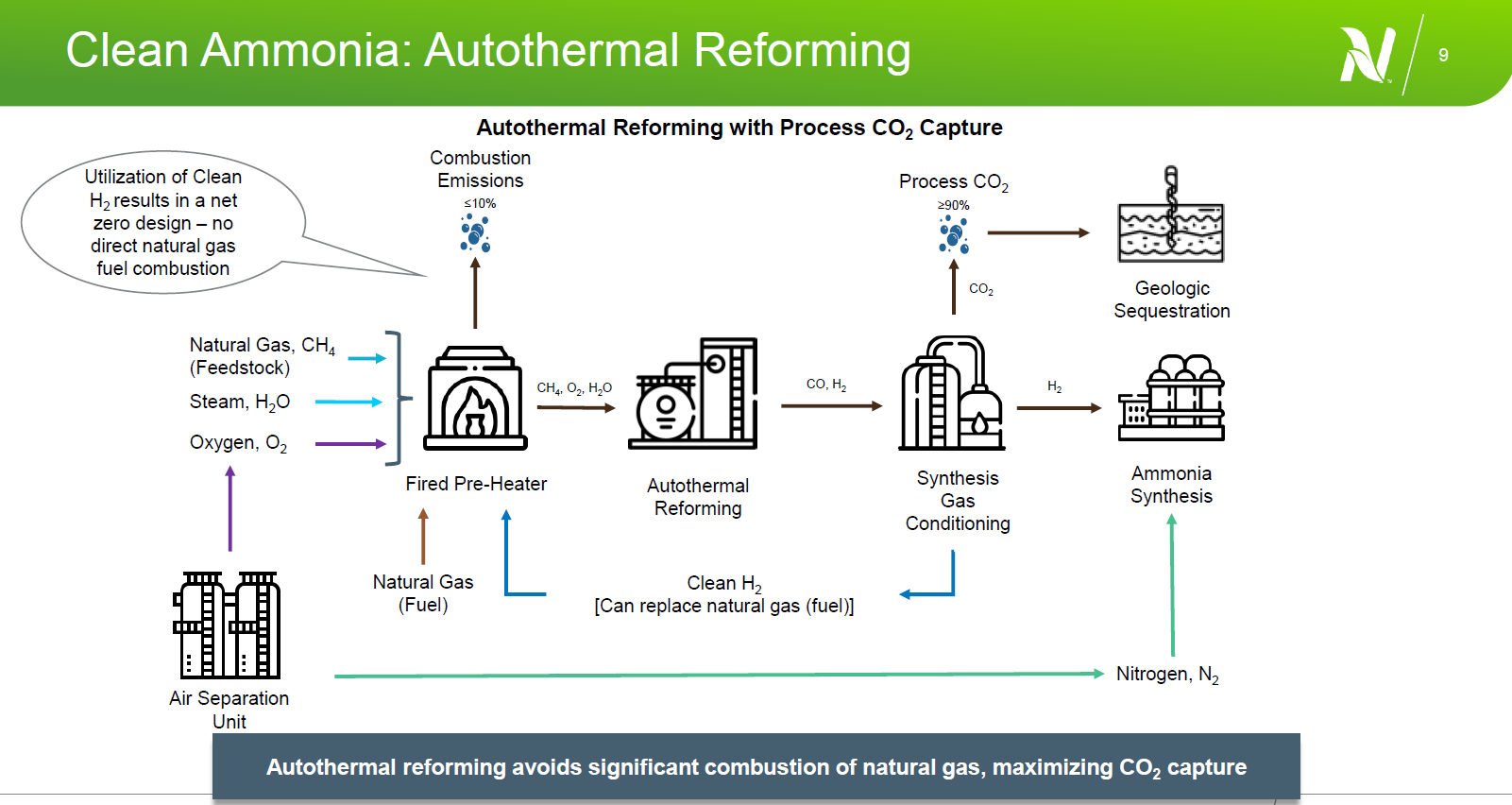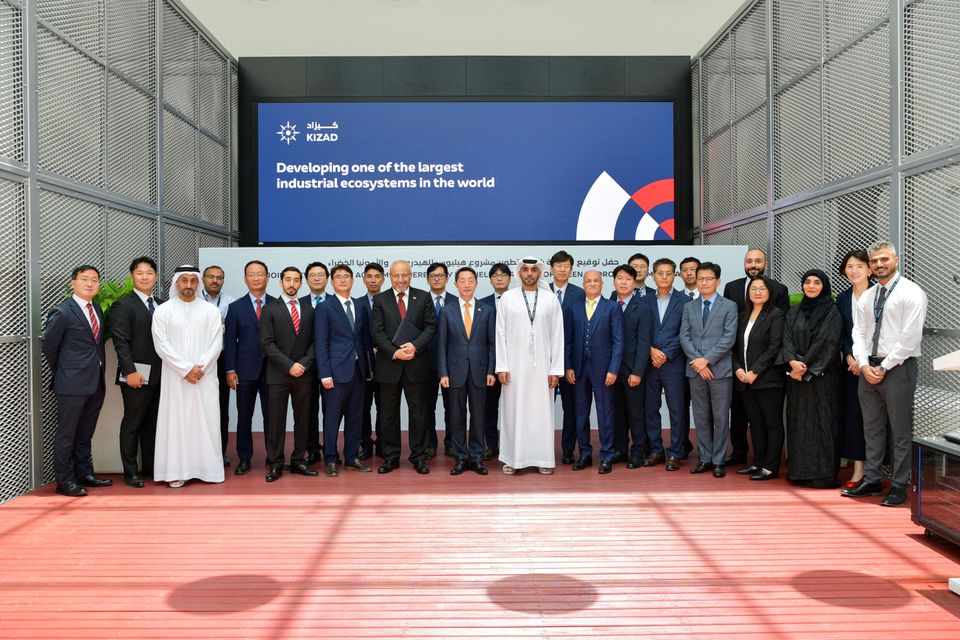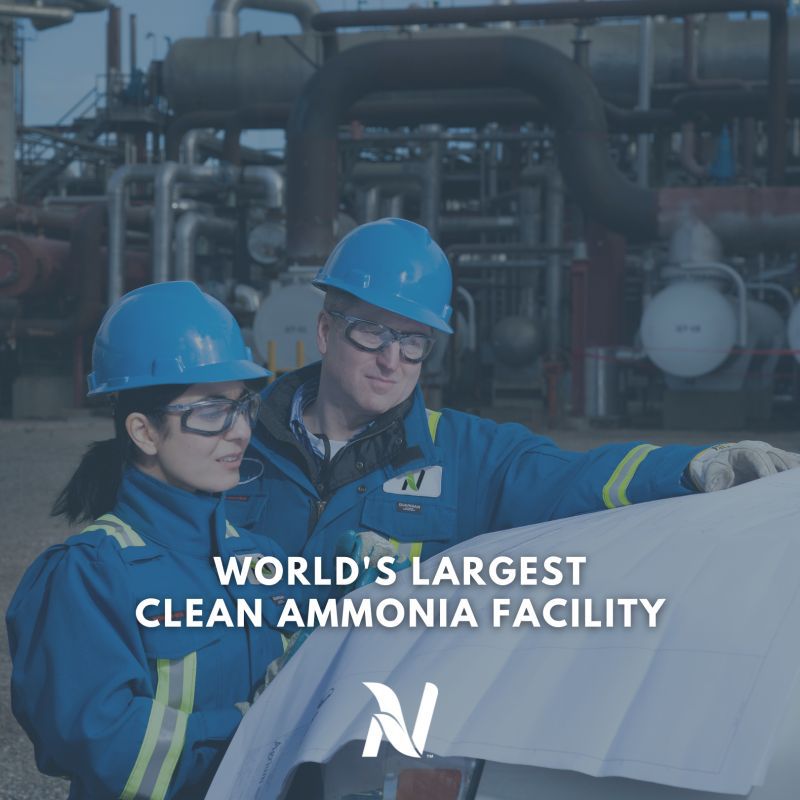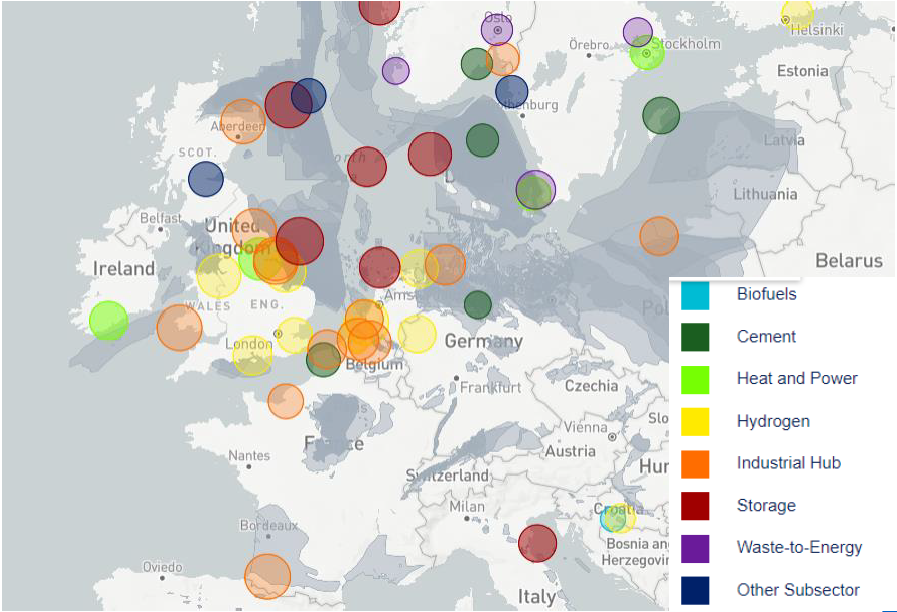Emissions
Low and zero-carbon fertilizers in Europe
Meet Yara and Fertilizers Europe, two organisations currently exploring the potential for renewable fertilizer in Europe.
Sustainable, equitable development of ammonia projects
Join BLG and the Green Hydrogen Organisation to explore equitable development & climate justice considerations for ammonia project developers, with examples from Canada and global certification development.
EU policy developments: CBAM & rules for emissions accounting
MEPs have voted to alter the scope of the upcoming Carbon Border Adjustment Mechanism (CBAM) to include hydrogen & ammonia, and for the scheme to cover indirect emissions from manufacture. Meanwhile, two Delegated Acts have established a starting point for rules governing the production of alternative fuels from electrolytic hydrogen, including definitions of “fully renewable” hydrogen and a comprehensive emissions accounting calculation. The European Commission will work with key stakeholders to further clarify and improve the new rules.
Reflections on the last meeting of the Marine Environment Protection Committee: the time is ripe for maritime ammonia
To develop sufficient ammonia supply to meet future maritime fuel demands, we face a herculean task. The recent meeting of the IMO’s Marine Environment Protection Committee (MEPC 78) gives us an insight into the key next steps to address financial & regulatory challenges. For the first time, MEPC 78 introduced the idea of a “Zero by 2050” goal for global shipping: a steep change in ambition. The use of funds from mechanisms like carbon pricing to ensure a fair, just and equitable transition, the necessity of high-impact investment to drive the fuel transition, and the adoption of new LCA guidelines in the next twelve months were also discussed. The drive & ambition shown at MEPC 78 indicates that the time is ripe for maritime ammonia to position itself as the fuel of choice for the global shipping industry.
Decarbonizing fossil-based ammonia production in North America
Our latest Ammonia Project Features webinar focused on various pathways for decarbonizing fossil-based ammonia production in North America. Blake Adair from Nutrien took us on a tour of some of his organisation’s existing low-carbon ammonia production facilities. He also explained how the technology solutions already exist to drive down emissions from hydrogen production, and improve rates of carbon capture. Dr. Amgad Elgowainy from Argonne National Laboratories then presented his team’s analysis of carbon dioxide mitigation costs for ammonia production, noting that current federal incentives for CCS projects already have a material impact on project costs. With incentives in place and mature technology available, we will soon see more low-carbon ammonia production projects emerge in North America.
South Korean consortium to build renewable ammonia production in UAE
KEPCO, Samsung C&T, and Korea Western Power will join forces with UAE-based developer Petrolyn Chemie to construct a 200,000 tonne per year renewable ammonia production plant in the KIZAD Industrial Area near Abu Dhabi. The announcement marks the second overseas ammonia project launched by a Korean consortium this year, the first being an export project in Malaysia announced in January.
On the home front for South Korea, a new amendment to the national hydrogen law will see certification of clean hydrogen based entirely on carbon emissions during production, and not technology pathways.
Nutrien planing world-scale clean ammonia facility in Geismar, Louisiana
Nutrien has announced plans for a $2 billion, million-tonne-per-year CCS ammonia production facility in Geismar, Louisiana. Nutrien will partner with Denbury, who will handle the construction & operation of necessary CCS infrastructure, with permanent underground sequestration to occur. Mitsubishi Corporation has agreed to off take up to 40% of the produced ammonia, which will be exported to the “Asian fuel market”.
Unlocking CCS ammonia potential in Europe
The first episode of our new series Ammonia Project Features revealed interesting details about current and future low-carbon ammonia projects in Europe. Bjørgulf Eidesen (Horisont Energi) explained that the Barents Blue project aims to set an ambitious new standard for low-carbon ammonia production, particularly by demonstrating transparency on its CO2 footprint & other sustainability indicators. But, although Europe’s technical capacity for carbon storage is far greater than what will be required, Toby Lockwood (Clean Air Task Force) reminded us that progress is slow, with only half the capacity required by 2030 currently developed. Supporting policy, tight regulations and funding support is all required from a government level.
